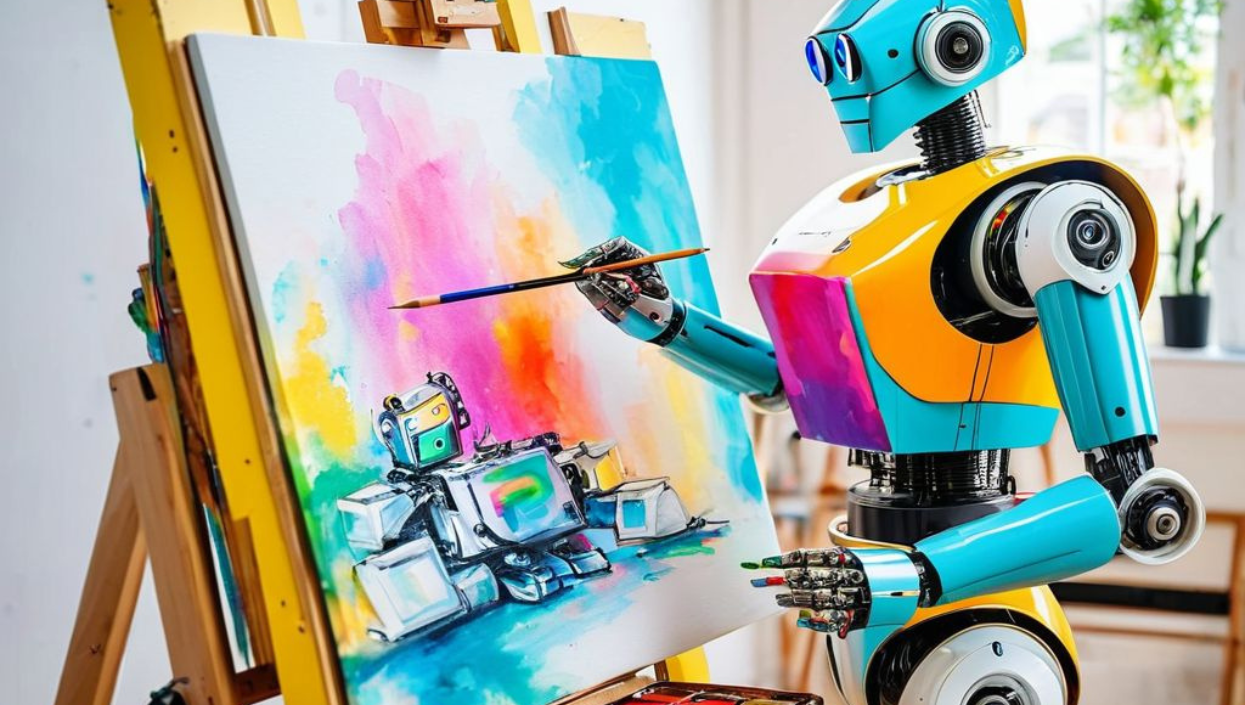In the last few years, discussions about the authorship of works created with artificial intelligence (AI) and the copyright protection of works created in this way have made waves in legal circles. As you know, in our legal space, only works created by humans are considered to be protected by copyright, and without human contribution, works are not protected by copyright (§ 3 of the Copyright Act).
As far as we know, now, for the first time in European history, the Czech court has addressed the issue of copyright protection of a work created with AI, by which it confirmed that only a natural person can be the author of a work protected by copyright and that the protected work must be the unique result of the creative activity of a natural person, finding that because in this dispute, the plaintiff has not been able to prove his creative contribution in the work created with AI, then the court came to the conclusion that the copyright does not extend to the work created with AI.
See also: 'Czech court finds that AI tool DALL-E cannot be the author of a copyright work', https://ipkitten.blogspot.com/2024/04/czech-court-finds-that-ai-tool- dall-e.html
The judgment in question concerned a civil dispute in which the plaintiff generated an image with the computer program DALL-E. The claimant's input to the AI was as follows: “Create a visual image of two parties entering into a business contract in a formal setting, such as a conference room or the office of a law firm in Prague. Just show your hands." The plaintiff then added the image to his website. The defendant took the image from the plaintiff's website and then uploaded it himself. The plaintiff challenged the defendant's use of the image on the basis that they were the authors of the created image and demanded that the image be removed and not distributed without him as the author. The question was whether the image created with AI is protected by copyright, and as mentioned, the court answered the question in the negative in this case.
However, if a person has added their original contribution to the creation of a work originally created with AI and can also prove their creative contribution in the work created in this way (e.g. digitally signed screenshots), then in our opinion, the works created in this form are protected by copyright.
